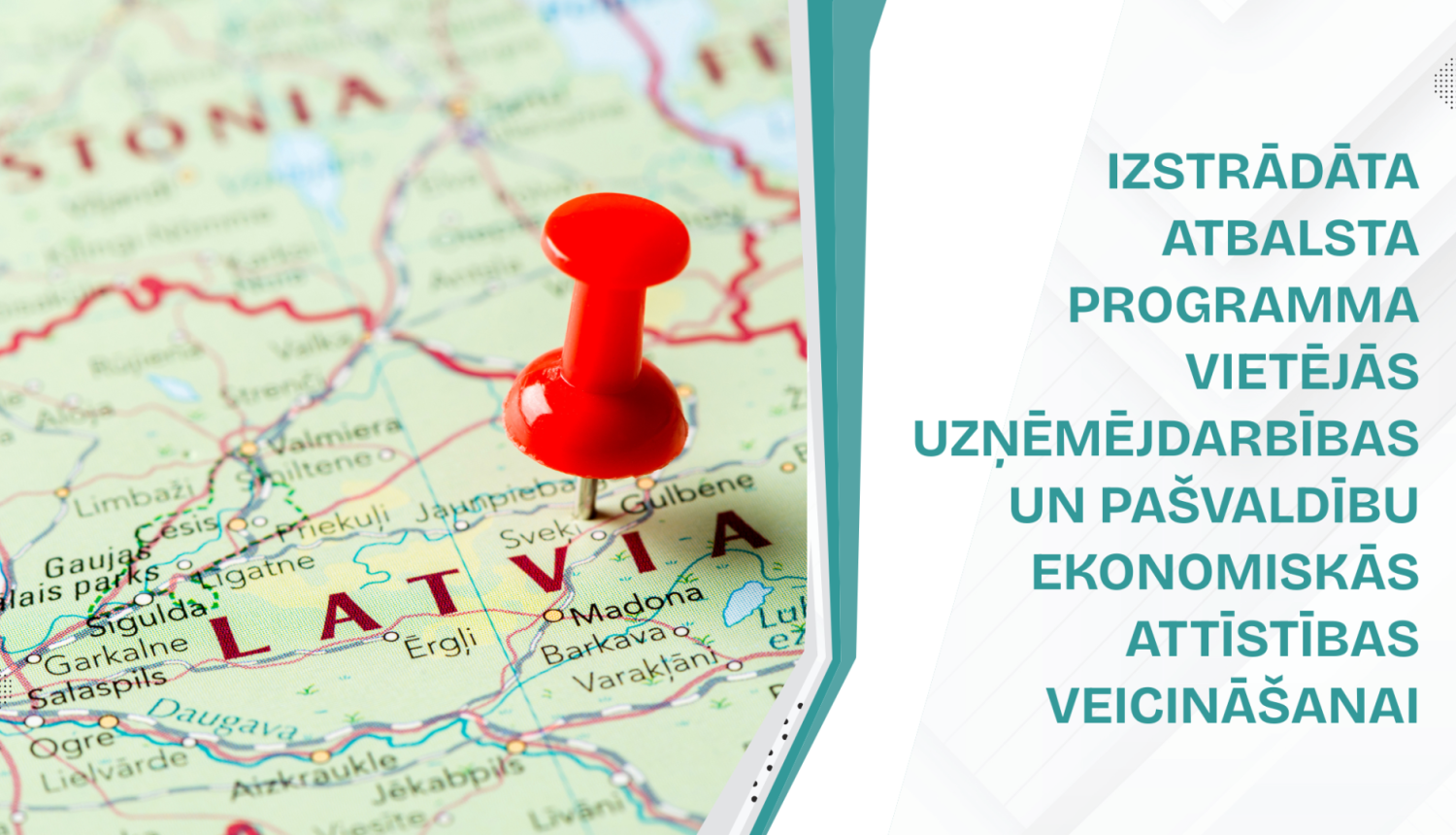Translated using ChatGPT service.
The Ministry of Economics (MoE) has developed a support program to promote local entrepreneurship and municipal economic development. Within this program, support will be provided for the establishment of new businesses, the development of existing ones, and the creation of jobs in municipalities.
The Cabinet of Ministers’ regulation “Procedure for Granting Support to Strengthen Municipal Economies” was approved at the government meeting on Tuesday, September 23. The program will promote investment attraction, regional development, and exports. The total planned support amount is EUR 3 million, while the maximum grant per project applicant will be up to EUR 200,000.
A 100% support rate is planned for municipalities that share a direct border with the Russian Federation or the Republic of Belarus, as well as for recipients whose transit sectors within municipal territories have been negatively affected by Russia’s military aggression against Ukraine — specifically, those with a turnover of at least EUR 100 million in 2021 and at least a 35% decline by 2024 compared to three years prior.
Support ranging from 50% to 85% will be available to municipalities with low personal income tax revenue — the lower the revenue, the higher the support intensity. Municipalities will be assessed based on the declared addresses of employees per capita in 2023.
Minister of Economics Viktors Valainis stated:
“We cannot allow Latvia’s regions to become economic peripheries. This program is a tool that will give municipalities and entrepreneurs the opportunity to build new factories and create jobs. Every project means new opportunities — from building roads to modern production facilities, from company expansion to new families choosing to build their lives in the regions. We are investing to turn Latvia’s municipalities into strong economic centers.”
The support will target business development — grants will be provided to companies for co-financing business expansion or housing construction projects. Activities aimed at developing business infrastructure will also be supported, including hiring engineering consultants, preparing construction projects, construction supervision and author supervision, road and street construction, and connecting to utility networks.
Priority will be given to projects with a higher ratio of private investment to public funding.
The order of applications may be adjusted based on at least one of the following socioeconomic indicators (according to statistical data):
-
Identified limited financial resources for economic development in 2023 (lower personal income tax revenue per 1,000 km² of territory);
-
Identified limited human resources for economic development in 2024 (a higher share of residents above working age);
-
Identified higher development potential with increasing birth rates in 2024 (more births per 1,000 inhabitants);
-
Identified greater economic challenges in 2024 (higher unemployment rate %).
Project applications will be accepted until October 17.



